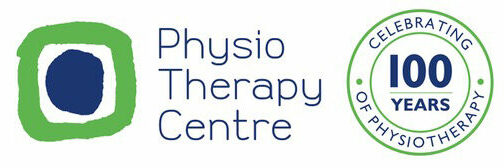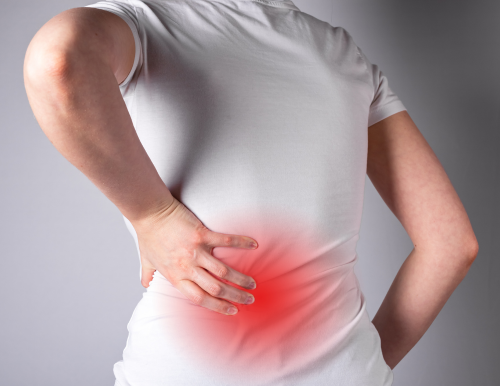First and foremost, it’s essential to know that most cases of back pain are what we call ‘mechanical’ in nature. This means they’re usually related to the way you move, sit, or even sleep. The good news is that mechanical back pain often gets better on its own with some self-help strategies over time, typically within about six weeks.
The heads up:
Most mechanical back pain tends to improve on its own within about six weeks if you follow the self-help strategies below. However, if you are concerned about your back pain and want us to check it and reassure you, we are here for you. If everything is good, we can give you advice to reduce the chance of reoccurrence, manual therapy, including mobilisation and massage, to help speed recovery and bespoke exercise programmes for any problems and imbalances that we find.
What you can do to help yourself during this period:
Stay Active: While it might sound surprising, gentle and regular movement can be your best friend when it comes to managing back pain. Activities like walking, swimming, or even simple stretches can do wonders. Start slowly, and don’t push yourself too hard.
Mind Your Posture: Pay attention to how you sit and stand. Make sure you’re using chairs that support your lower back, and try not to slouch. If you can, consider a standing desk. Keeping a good posture can make a big difference.
Core Strength: Strengthening your core muscles can provide a stable foundation for your back. Simple exercises like planks or bridges can help. You don’t need to become a bodybuilder; just a little bit of strengthening can go a long way.
Stretching: Incorporate gentle stretches into your daily routine to keep your muscles and ligaments flexible. Focus on areas like your hamstrings, hip flexors, and lower back.
Heat and Ice: Applying heat or cold packs can soothe the pain. Use a hot pack or take a warm bath for relaxation. For any acute pain or swelling, an ice pack can help, but make sure to use it in short intervals.
Over-the-Counter Medications: If needed, you can try over-the-counter pain relievers like ibuprofen or acetaminophen, but remember to use them as directed.
Lifting Technique: Be mindful of how you lift things. Bend your knees, not your back, and keep the object close to your body. Avoid twisting while lifting.
Quality Sleep: Ensure your mattress and pillow support your back. Experiment with different sleeping positions to find what works best for you.
Stress Reduction: Stress can make back pain worse. Try relaxation techniques like deep breathing or meditation to calm your mind and ease muscle tension.
Stay Hydrated: Drinking enough water is crucial for the health of your spine’s discs, which act as shock absorbers.
By Senior Physiotherapist – Tobias Bremer



